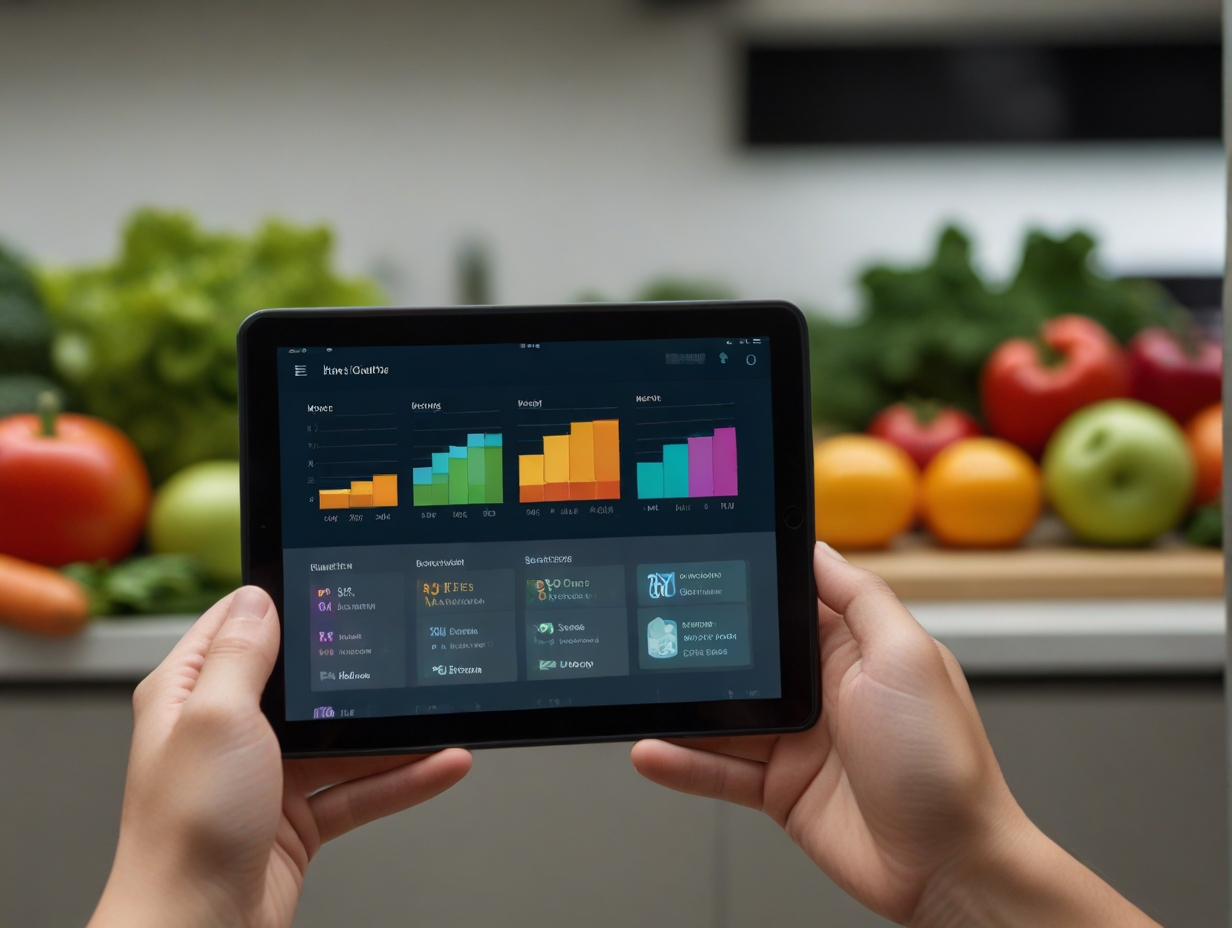University’s Institute of Digital Anti-Aging Healthcare researchers have led a huge inclusive systematic review about the conversive effect of artificial intelligence (AI) on nutrition science, unveiling staggering potential and light touch on remaining issues. The study, which focused on AI applications ranging from dietary assessment to disease prediction and personalized nutrition, illustrated how AI plays a pivotal role in shifting present health care and giving rise to a more beneficial future.
Application of AI in nutritional sciences
The research analyzing nutritional aspects of diet and how advanced technologies, i.e., AI, ML, and DL, can influence nutritional outcomes and provide managers with informed decisions to enhance our understanding of diet-related health issues, was lately supervised by Tagne Poupi Theodore Armand along with his colleagues.
The results prove AI’s ability in important fields of nutrition, such as making the right dietary recommendations, altering nutrient intake, and successfully dealing with diseases.
The most outstanding episode in the Nutrition Review, among others, is AI’s effect on personalizing nutrition. Through collecting and analyzing individual health information and dietary patterns, AI can customize dietary recommendations that are more successful in a prophylactic type as well as the management of diseases, which, in this sense, is more efficient than traditional ways. For example, AI systems are very reliable in designing the personal nutrition menu based on an individual’s genetic traits, lifestyle, and accompanying health conditions.
Assessment and innovation
Although the advantageous side of AI has not been overseen, the study has brought to light a few challenges that act as obstacles to the full integration of this tool in nutrition science. Data quality, privacy concerns, and algorithmic bias are among the top demons that need to be dried to enable the proper and ethical use of AI in nutrition whenever they pose a threat.
The dietary data complexity and more-than-narrow diet variety fuel the problem. This problem should be solved with effective AI models that can be easily adjusted and give the true picture of all the nutritional information.
Diet compositions differ in complexity within individuals and individuals who live in different parts of the world, making it more difficult to build properly working AI models that can adapt to and analyze a wide array of nutritional data.
It has been proposed that the researchers prioritize the development of objectivity, which will answer the questions of data standardization, the interpretability of the models, and the inclusivity of the AI systems among different regions. Furthermore, the ethical use of AI technology in nutrition adopts credible data privacy and consent data so that people, irrespective of their socioeconomic background, can benefit from AI-based nutritional intervention.
The need for the Coordinated Actions
The report highlights that inter-disciplinary collaboration is necessary for a smooth transition from high-tech discoveries to practical food development. Consequently, it is impressive to involve in the development of scientifically sound tools that are practically workable in this era of health management through the collaboration of insights from AI specialists, nutritionists, healthcare providers, and policymakers.
AI rolls to health care and nutrition in a trending path. They urge the government to support research that will help to improve AI performance and eventually eliminate its limitations. This will open new avenues for integrating these AI technologies to transform nutrition into a more precise, personalized, preventive health discipline. It goes a step further in reviewing the changes that would occur in dietary guidance and well-to-does worldwide.
With the development of AI tech, the role of nutritional science in nutritional interventions is becoming increasingly important. When applied responsibly and inclusively, this will generate a networked society without malnutrition and disease.
News Quoted from Nutrients journal
A Step-By-Step System To Launching Your Web3 Career and Landing High-Paying Crypto Jobs in 90 Days.
